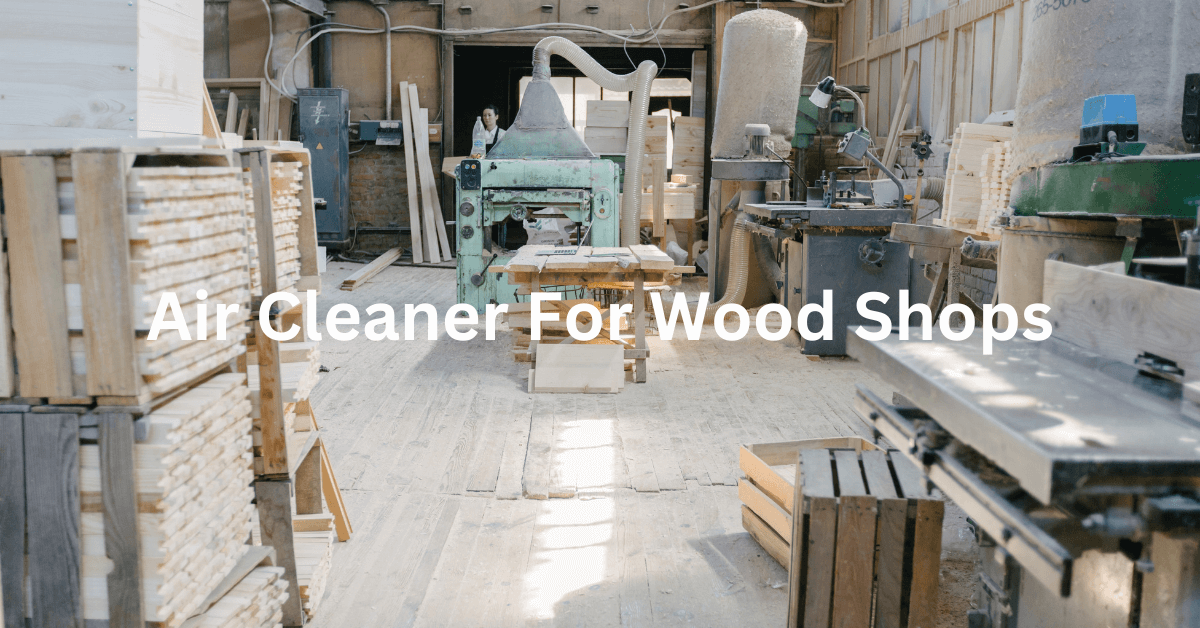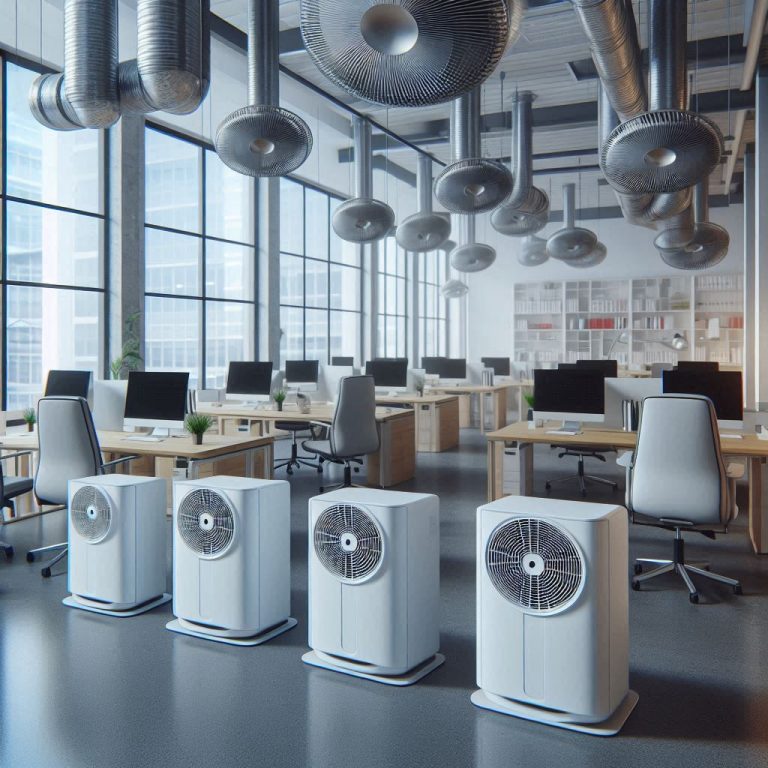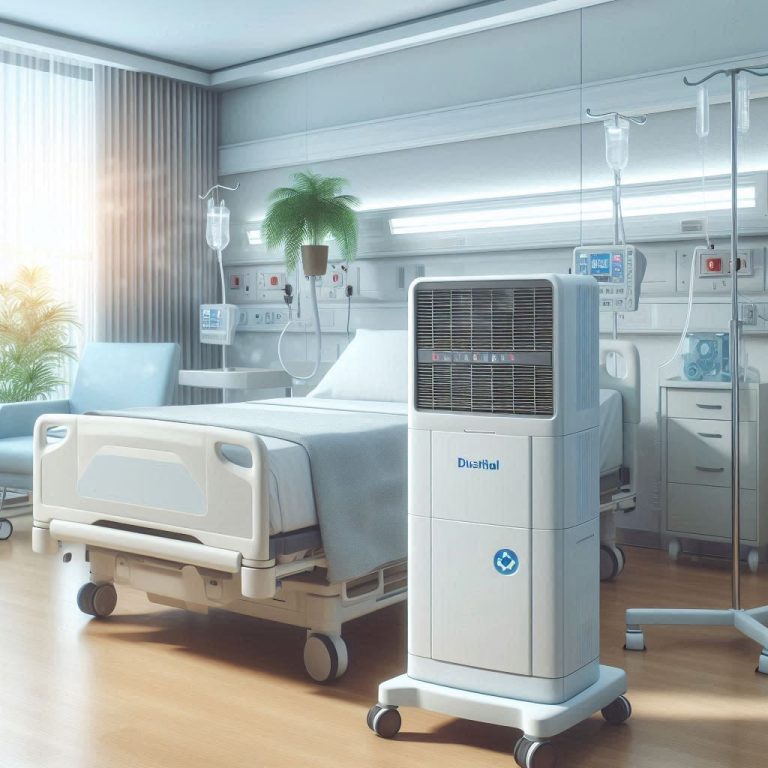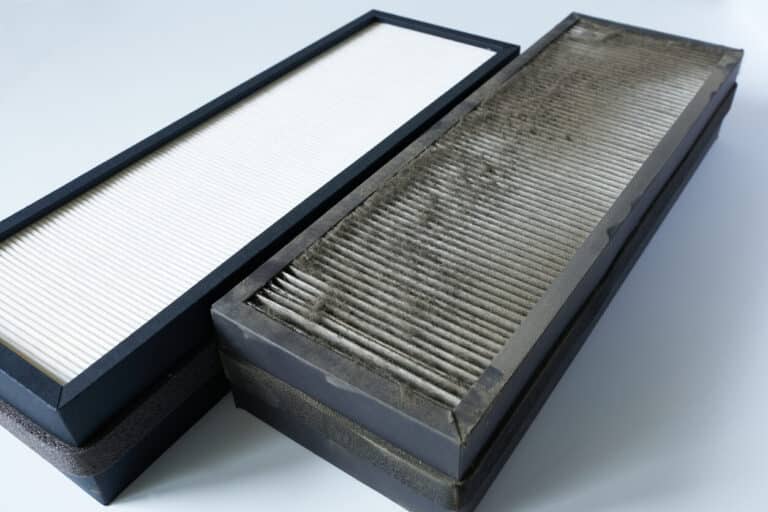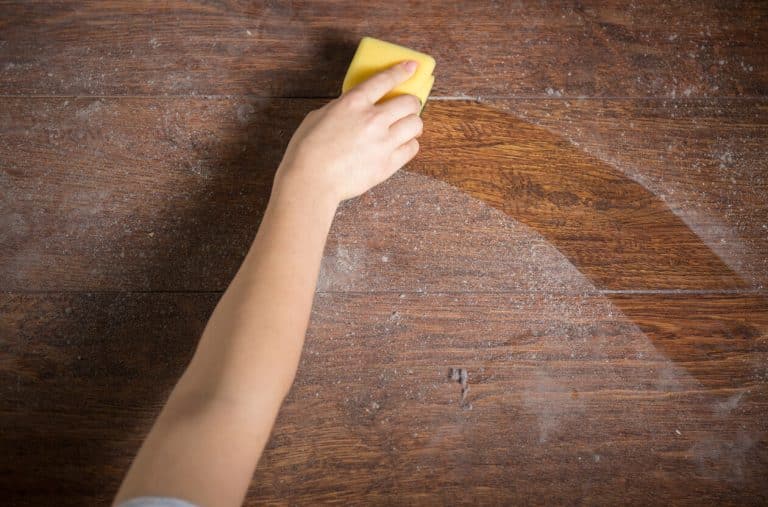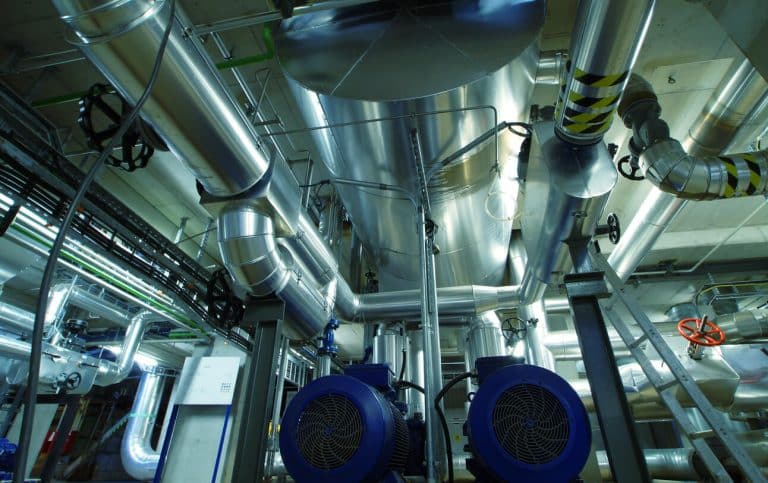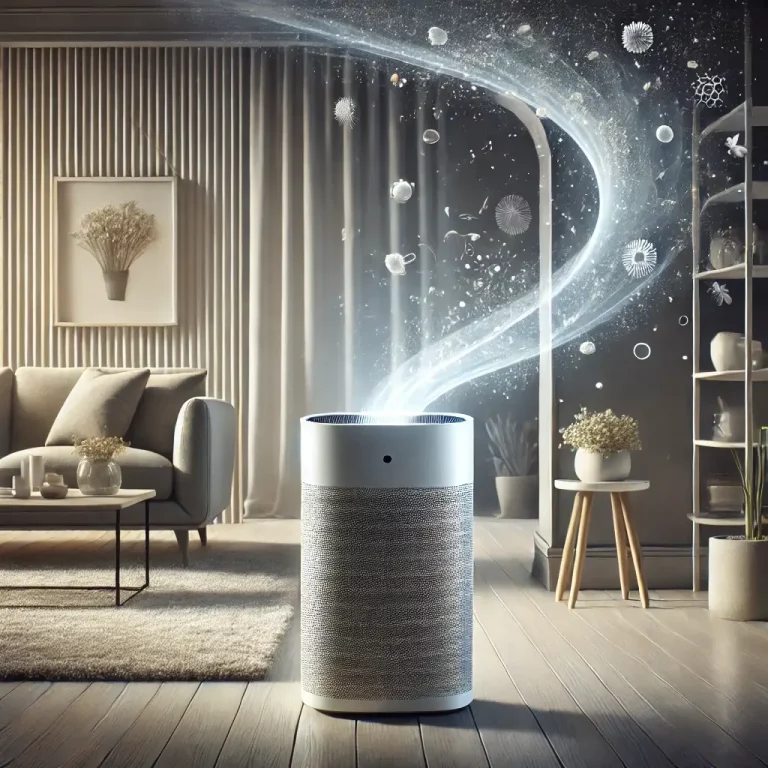Air Cleaner for Woodshop
Maintaining clean air in a woodshop is crucial for health and productivity.
If you’re concerned about air quality in your woodshop, you’re not alone. Wood dust and chemical fumes can pose serious health risks, but the right air cleaner can make a significant difference. In this article, you will learn:
- The importance of air quality in a woodshop
- Key features to look for in an air cleaner
- Top air cleaners for woodshops in 2024
Let’s dive into why air quality should be a top priority in your woodshop.
Section 1: Importance of Air Quality in a Woodshop
Maintaining good air quality in a woodshop is not just a matter of comfort; it’s essential for health and safety. Poor air quality, often caused by wood dust and chemical fumes, can lead to serious health issues, including respiratory problems, allergies, and long-term conditions like asthma.
Health Risks Associated with Poor Air Quality
Wood dust is more than just a nuisance; it’s a health hazard. Inhalation of fine wood particles can cause a range of respiratory issues, from simple irritation to more severe conditions such as chronic bronchitis or hypersensitivity pneumonitis. Furthermore, certain types of wood are known to be carcinogenic, adding to the long-term health risks.
Effects on the Respiratory System
Exposure to wood dust and volatile organic compounds (VOCs) from finishes and adhesives can significantly affect your respiratory system. Symptoms can range from sneezing and coughing to more severe issues like difficulty breathing and chronic lung conditions. Protecting your respiratory health should be a primary concern for anyone working in a woodshop.
Benefits of Clean Air in the Workspace
Investing in a quality air cleaner for your woodshop ensures a safer working environment. Cleaner air can lead to fewer health issues, increased productivity, and a more pleasant working experience. By removing harmful particles and fumes, you can focus more on your craft and less on potential health problems.
Section 2: Types of Air Cleaners for Woodshops
Choosing the right air cleaner for your woodshop depends on various factors, including the size of your shop, the type of work you do, and your budget. Here’s an overview of the different types of air cleaners available:
Portable Air Cleaners
Portable air cleaners are ideal for small to medium-sized woodshops. They are flexible and can be moved around as needed. These units typically feature HEPA filters that capture fine dust particles and VOCs. Pros include their affordability and ease of use. However, they may not be powerful enough for larger workshops.
Ceiling-Mounted Air Cleaners
Ceiling-mounted air cleaners save valuable floor space and can efficiently circulate air throughout the entire shop. These units are generally more powerful than portable cleaners and are suitable for medium to large woodshops. They offer continuous air cleaning without obstructing your workspace. The main drawback is that they can be more challenging to install.
Wall-Mounted Air Cleaners
Wall-mounted air cleaners provide a balance between the flexibility of portable units and the power of ceiling-mounted models. They are mounted on the wall, keeping them out of the way while still providing robust air cleaning capabilities. These units are perfect for woodshops where floor space is at a premium. Installation is generally easier than ceiling-mounted units but still requires some effort.
Examples of Popular Models
- Jet AFS-1000B: A popular ceiling-mounted model known for its powerful performance and reliability.
- WEN 3410: A highly rated portable air cleaner that’s budget-friendly and effective for smaller shops.
- Rikon 62-400: A versatile wall-mounted unit that offers excellent air cleaning capabilities.
Each type of air cleaner has its advantages and disadvantages, so it’s important to choose the one that best fits your specific needs.
Section 3: Key Features to Look for in an Air Cleaner
When selecting an air cleaner for your woodshop, it’s crucial to consider several key features to ensure you get the best performance and value for your investment. Here are the most important features to look for:
HEPA Filters
High-Efficiency Particulate Air (HEPA) filters are essential for capturing fine dust particles and allergens. These filters can trap particles as small as 0.3 microns, making them highly effective at improving air quality. Ensure the air cleaner you choose has a HEPA filter for maximum efficiency.
Airflow Capacity
The airflow capacity, measured in cubic feet per minute (CFM), indicates how much air the cleaner can process. A higher CFM is better for larger spaces. For small woodshops, a unit with a CFM of around 400-600 should suffice, while larger shops may require 1000 CFM or more.
Noise Levels
Air cleaners can be noisy, which might be disruptive in a workshop setting. Look for models that operate quietly, especially if you plan to run the cleaner continuously while working. Noise levels are typically measured in decibels (dB), and lower numbers indicate quieter operation.
Filter Replacement and Maintenance
Regular maintenance is crucial for the longevity and efficiency of your air cleaner. Choose a model with easily replaceable filters and clear maintenance instructions. Some units have indicator lights to alert you when it’s time to replace the filter, which can be very convenient.
Additional Features
Modern air cleaners come with various additional features that can enhance usability:
- Remote Control: Allows you to operate the cleaner from a distance.
- Programmable Timers: Enable you to set the cleaner to run at specific times.
- Variable Speed Settings: Provide flexibility in adjusting the airflow according to your needs.
Investing in an air cleaner with these features will ensure that your woodshop remains a safe and comfortable environment for woodworking.
Section 4: Installation and Maintenance Tips
Proper installation and regular maintenance of your air cleaner are essential to ensure it operates efficiently and effectively. Here’s a step-by-step guide to installing and maintaining your air cleaner:
Installation Tips
- Choose the Right Location: Install the air cleaner in a central location within your woodshop to maximize air circulation. For ceiling-mounted units, ensure they are placed away from obstructions like lights or beams.
- Secure Mounting: For wall or ceiling-mounted units, use sturdy brackets and ensure they are securely fastened to support the weight of the cleaner. Follow the manufacturer’s instructions for mounting.
- Electrical Setup: Ensure the air cleaner is plugged into a properly grounded electrical outlet. Some models may require professional installation for wiring, especially ceiling-mounted units.
- Test the Unit: After installation, turn on the air cleaner to check that it operates correctly. Listen for unusual noises and ensure the airflow is unobstructed.
Maintenance Tips
- Regular Filter Checks: Check the filters regularly for dust buildup. HEPA filters should be inspected every few weeks and replaced every 6-12 months, depending on usage.
- Cleaning the Unit: Wipe down the exterior of the air cleaner with a damp cloth to remove dust and debris. Avoid using harsh chemicals that could damage the unit.
- Replacing Filters: Follow the manufacturer’s guidelines for replacing filters. Most units have easy-to-access filter compartments. Ensure you use the correct replacement filters for your model.
- Performance Monitoring: Keep an eye on the air cleaner’s performance. If you notice a decrease in airflow or unusual noises, it might be time to check for clogs or perform more thorough maintenance.
- Troubleshooting Common Issues:
- Reduced Airflow: Check for clogged filters or obstructions in the air intake.
- Unusual Noises: Ensure the unit is securely mounted and that no parts are loose.
- Power Issues: Verify that the unit is properly plugged in and that there are no issues with the electrical outlet.
By following these installation and maintenance tips, you can ensure your air cleaner runs efficiently, providing clean air and a healthier working environment in your woodshop.
Section 5: Top Air Cleaners for Woodshops in 2024
Choosing the best air cleaner for your woodshop can be overwhelming with the myriad of options available. Here are some of the top air cleaners for woodshops in 2024, highlighting their key specifications, pros, and cons:
1. Jet AFS-1000B
Specifications:
- Type: Ceiling-mounted
- CFM: 1044 (high), 702 (medium), 550 (low)
- Noise Level: 62-66 dB
- Filter: Electrostatic outer filter, HEPA inner filter
Pros:
- Powerful airflow suitable for large woodshops
- Three-speed settings for flexibility
- Easy filter changes
- Remote control for convenient operation
Cons:
- Higher noise levels at maximum speed
- Requires secure ceiling installation
2. WEN 3410
Specifications:
- Type: Portable
- CFM: 400 (high), 300 (medium), 250 (low)
- Noise Level: 50-60 dB
- Filter: 5-micron outer filter, 1-micron inner filter
Pros:
- Affordable and effective for small to medium-sized shops
- Lightweight and portable
- Quiet operation
- Easy installation and maintenance
Cons:
- Not suitable for larger woodshops
- Limited filter capacity compared to larger units
3. Rikon 62-400
Specifications:
- Type: Wall-mounted
- CFM: 400 (high), 300 (medium), 250 (low)
- Noise Level: 50-60 dB
- Filter: 5-micron outer filter, 1-micron inner filter
Pros:
- Space-saving wall-mounted design
- Adjustable airflow settings
- Quiet operation
- Efficient dust collection
Cons:
- Installation requires wall mounting
- Moderate airflow capacity
4. Powermatic PM1250
Specifications:
- Type: Portable
- CFM: 450 (high), 300 (medium), 150 (low)
- Noise Level: 40-50 dB
- Filter: Electrostatic filter
Pros:
- Very quiet operation
- Advanced electrostatic filter for efficient dust capture
- Portable and easy to move around
- Low power consumption
Cons:
- Higher initial cost
- Filter maintenance can be more complex
5. Grizzly G0738
Specifications:
- Type: Ceiling-mounted
- CFM: 1044 (high), 702 (medium), 550 (low)
- Noise Level: 62-66 dB
- Filter: 5-micron outer filter, 1-micron inner filter
Pros:
- High airflow capacity
- Effective for large woodshops
- Durable construction
- Remote control included
Cons:
- Higher noise levels at maximum speed
- Requires secure ceiling installation
These top air cleaners offer various features to meet different needs, ensuring you can find the perfect solution for your woodshop’s air quality requirements.
Conclusion
Maintaining clean air in your woodshop is essential for your health and productivity. Throughout this article, we’ve covered the importance of air quality, the different types of air cleaners available, key features to look for, and top models for 2024.
To summarize, here are the three most important takeaways:
- Health Benefits: Clean air reduces respiratory issues and enhances overall well-being.
- Key Features: HEPA filters, adequate airflow capacity, and low noise levels are crucial.
- Top Choices: Consider models like Jet AFS-1000B and WEN 3410 for their proven effectiveness.
As a next step in ensuring the best air quality for your woodshop, consider exploring alternatives to HEPA filtration. Aero Fresca offers innovative solutions with their Portable Units for Home Wood Shops and Roof Mounted Units for commercial woodshops, utilizing advanced Cirqulair Technology. These units provide a superior air cleaning experience, ensuring a healthier and more efficient workspace.
By choosing the right air cleaner and maintaining it properly, you can create a safer, more productive environment for your woodworking projects. Explore Aero Fresca’s offerings today to take your woodshop’s air quality to the next level.
Are You Happy Knowing That Every Other System Only Captures 10% Of Airborne Particles?
Breathe Clean, Live Better! Upgrade to our Advanced Air Purifying System today and eliminate 100% of ultrafine particles down to 1 nanometer in one pass. Don’t compromise on your family’s and employee’s health. Act now and transform your indoor air quality!

